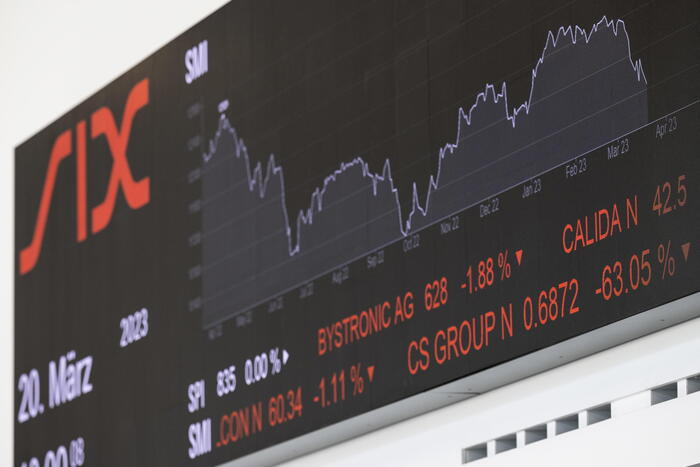Enlarge image
Chancellor Scholz: devastating echo
Photo: Kay Nietfeld / dpa
In view of the rapidly rising gas prices, the federal government wants to relieve consumers of VAT.
In the future, the tax on gas will be seven percent instead of 19 percent, said Chancellor Olaf Scholz on Thursday in Berlin.
This should apply until March 2024 and thus as long as the gas surcharge of 2.4 cents per kilowatt hour is levied.
The applause of the population should be certain at first - after all, the relief of a model household adds up to several hundred euros per year.
Economists like Sebastian Dullien from the Institute for Macroeconomics and Business Cycle Research (IMK) of the Hans Böckler Foundation expect that the inflation rate will fall noticeably as a result.
"If this cut were to take effect on October 1, we expect it to bring consumer price inflation down about 0.7 percentage point over the last three months of this year," he said.
However, the fact that the echo is rather devastating overall has to do with the other harmful side effects that the measure entails.
»It is true that financial relief for citizens is good for the wallet and therefore positive for the economy.
On the other hand, expensive energy costs should encourage savings and not be reduced or capped by the state,” explains Michael Holstein, chief economist at DZ-Bank.
»This procedure is reminiscent of the expensive tank discount, which in the end did not provide enough relief.
It would be better to give targeted and direct help to households with lower incomes.
This is what the social market economy is there for, especially in times of crisis.«
Stefan Kooths, Vice President of the Institute for the World Economy (IfW), shares the same conviction.
"This decision dilutes an essential desired purpose of the gas levy: to save gas," said on Thursday.
A rising gas price is an important signal for this.
Now, however, politicians are slowing down the price increase for gas consumers.
"But it threatens to miss the savings targets that would be necessary for a secure gas supply in the prioritized areas." Using one instrument for two political goals usually goes wrong, warned Kooths.
In such a situation, it is not advisable to water down the price signals through state intervention in tax law.
»In order to cushion social hardship, a better solution would be to levy the full amount of VAT and then direct the income to those who are in existential need as a result of the rising costs.«
"The reduction in value-added tax on gas sounds good at first, but it rather suggests that the federal government has no strategy for relieving people and setting incentives for savings," said Marcel Fratzscher, President of the German Institute for Economic Research (DIW ).
The question arises as to whether it would not have made more sense if the federal government had paid for the gas levy itself and not merely created additional bureaucracy and uncertainty.
After all, the reduction in VAT is better than no relief at all.
"But it is an expensive and not accurate tool that relieves people with low incomes far too little," says Fratzscher.
The reduction in VAT on gas means help based on the watering can principle, from which people with high incomes and companies receive the majority of the help.
"And it is far from sufficient for people with low incomes." The better measure is direct transfer payments, such as energy money.
Jens Südekum from the Institute for Competition Economics at the University of Düsseldorf also accuses the federal government of sending completely the wrong signals.
»The reduction of the value added tax on gas is once again politics according to the watering can principle.
From both an incentive and a distributional perspective, the tax cut is a step in the wrong direction.
A policy would be needed that allows price signals to take effect and cushions the burden where it is necessary: for people with low and middle incomes.
The reduction in VAT misses both. It is "unfortunate that the FDP was again able to assert itself within the traffic light coalition with a very dubious proposal."
mike/Reuters












